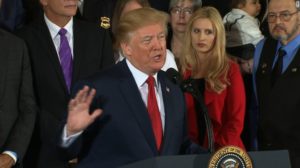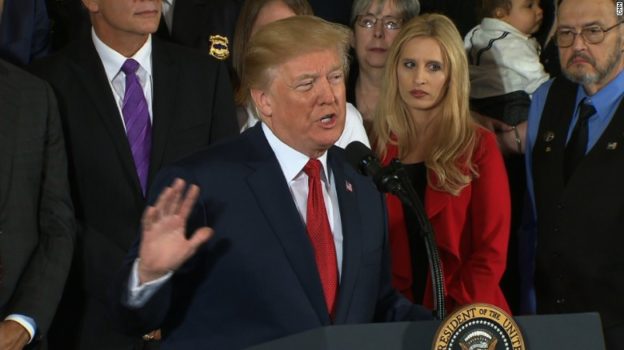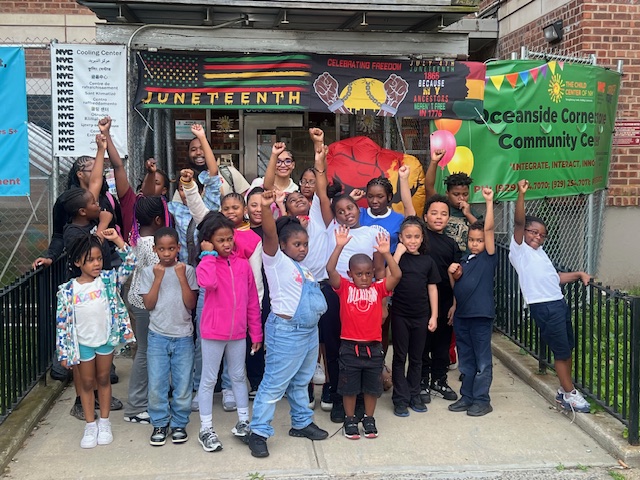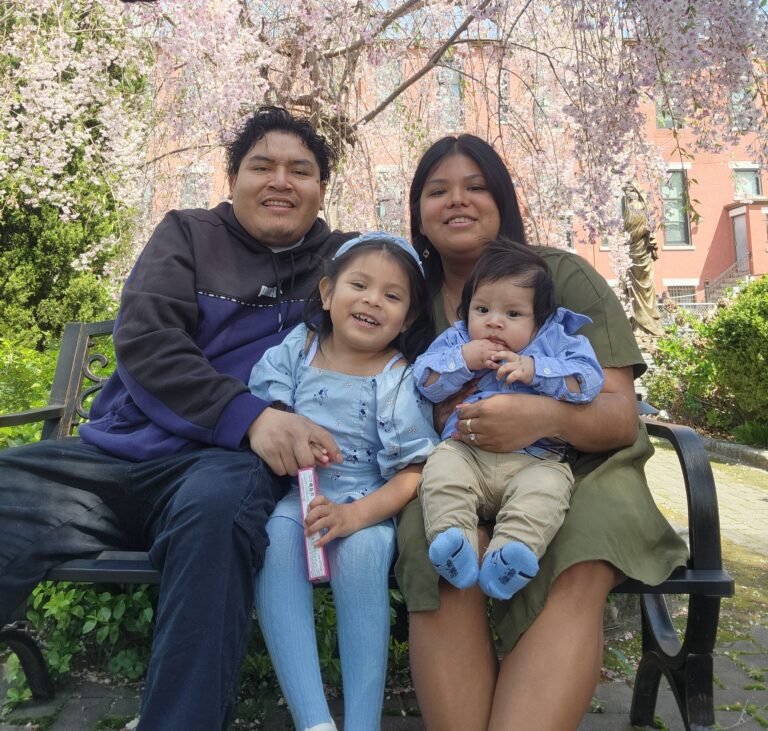 By Elaine Schechtel
By Elaine Schechtel
Director, Asian Outreach Substance Abuse Program
Drug overdoses, fueled by opioids, are the leading cause of accidental death for working-age Americans, killing more than 64,000 last year, and the rate of deaths continues to increase. So it’s good, and about time, that our president declared the opioid epidemic a national public health emergency last week. I’m in favor of any move that gets opioid addiction, and substance abuse in general, in the news and on people’s minds. But there were two missed opportunities in the declaration: one, which is rightfully getting a lot of press, is that the announcement did not include any requests for funding; and the other is the way Trump chose to frame the issue of addiction — as a moral failing and weakness of will power, instead of the disease that it is.
As a social worker who’s worked for more than 25 years with real people struggling with addiction, my heart sank when Trump stated, “This was an idea that I had, where if we can teach young people not to take drugs, not to start, then it’s really, really easy not to take them.”
This kind of thinking is very simplistic and not effective. Plus, we’ve tried it before: It is basically the “Just Say No” campaign that everyone of a certain age remembers from the 1980s. And as we can see, that didn’t work out too well.
There’s a serious reason why: It ignores the factors that cause people, especially young people, to turn to drugs in the first place. There is a significant correlation, for example, between substance use disorders and various kinds of trauma and other adverse life events. When a child experiences trauma on the level of physical or sexual abuse or bullying, and the situation is never addressed by the parents along with mental health services, the child is left extremely vulnerable to seek the numbing effects of drugs like opioids. The same is true for kids whose childhoods are characterized by neglect — no one at home to care if they did their homework, if their shoes still fit, or, later on, if they come home at night. And children with untreated mental illness, such as depression or anxiety, often self-medicate with drugs when they become teenagers. Without addressing these root causes, no prevention campaign can succeed.
I have seen this time and again, with clients whose parents had numerous emotional issues that were not dealt with and were therefore too focused on themselves to properly nurture their children. These children found solace not only in the numbing effects of drugs, but also in a surrogate family within the drug community; after a lifetime of feeling unloved, the pull is too strong to “just say no.” As they became addicted to opiates, their lives spiraled out of control. It took many years of detoxes, relapses, and various forms of treatment before they could put their lives back together. Some still struggle with addiction, but many were able to turn their lives around and even became counselors in the field.
Mental health and substance abuse go hand in hand, and studies consistently show that if we intervene early with mental health services, and parental involvement, when abuse, neglect, and other traumatic events or mental illness is a factor, we can significantly decrease the chances of a substance use disorder later on. Early education is also very important.
Another devastating reason so many people are becoming addicted to opioids in particular is that doctors for decades have been overprescribing these powerful medications. When a patient comes in with a sports injury, for a dental procedure, or with chronic, debilitating back pain and leaves with a prescription for oxycodone, what’s “really easy” is getting rapidly addicted.
Trump did address the overprescribing issue in his speech, and he definitely deserves credit for that. But regardless of how people start using, opioid addiction can be successfully treated and managed — as is the case with any long-term disease, like diabetes or high blood pressure — and I hope the president swiftly follows up with funds to expand treatment. In the middle of an addiction crisis, the need for that should be self-evident. But we also need money for ongoing care (since recovery is often a lifelong struggle), and for accessible, affordable mental health services at every stage of life, including childhood. As New York City First Lady Chirlane McCray eloquently put it when she unveiled the city’s Early Childhood Mental Health Network, “It is easier to grow a healthy child than to mend a broken adult.”
What we don’t need is a return to the kind of rhetoric that will turn back the clock on strides we’ve made in reducing the stigma that surrounds mental health and addiction. Spreading the idea that it’s “really easy” to just not take drugs in the first place will, in the end, only add to the stigma of not just addiction, but also of treatment — it sends the message that you were too weak to resist, and therefore should feel ashamed that you started in the first place — too ashamed, as is often the case, to seek treatment. And that is the biggest shame of all.






